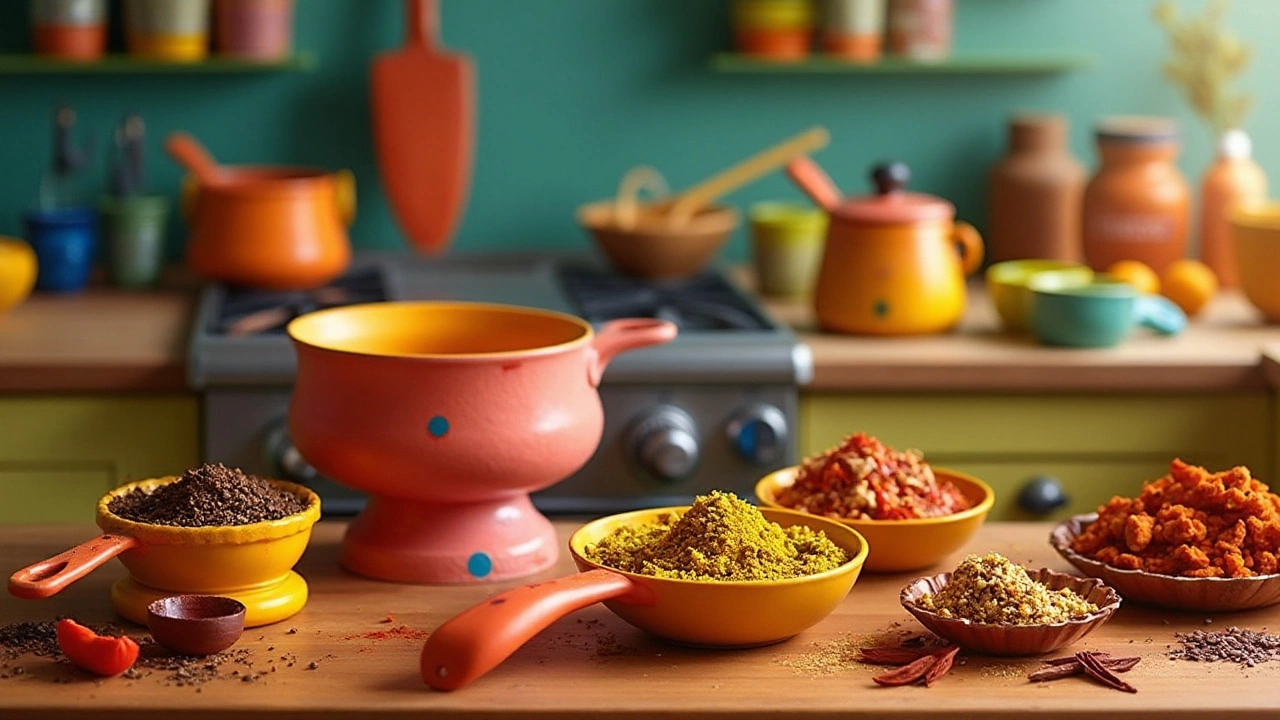Slang Meaning: Easy Guides to Everyday Slang
Ever heard someone say they have a "stack" of cash or wonder what Brits call toilet paper? Slang can feel like a secret code, but it’s really just shortcut language that changes fast. This page breaks down the most common slang you’ll bump into, gives clear definitions, and shows how to use each term without sounding weird.
Money Slang You’ll Hear Everywhere
Money slang is the biggest jungle. In the U.S., a "stack" usually means a thousand dollars. Some people say a "band" for ten thousand, and a "rack" for a thousand, too. The exact amount can shift by region—West Coast rappers might call a thousand a "G," while in the South they’ll say "grand."
If you see "$1 bill" slang, you might hear "single," "buck," or just "one." Those words all point to the same green paper, but each fits a different vibe. Retail workers often call a $1 note a "one” when counting register cash.
Why does this matter? Knowing the slang lets you follow the conversation and avoid funny misunderstandings when friends brag about a "stack of cash" or a deal that costs "a single." It also helps you sound natural if you’re chatting online or negotiating a price.
British & Everyday Slang You Might Miss
Across the pond, the word for toilet paper is "loo roll" or simply "toilet roll," but you’ll also hear "bog roll" in casual talk. It’s a small difference, but it tells you the speaker is from the UK and often adds a chuckle to the conversation.
Another British classic is calling a dollar bill a "quid," but that’s really for pounds. Still, many Brits borrow the term when they talk about any cash, especially in jokes.
Everyday slang beyond money includes expressions like "flex" (show off), "ghost" (disappear without a word), and "spill the tea" (share gossip). These words travel fast on social media, so you’ll see them pop up in memes, chats, and even news headlines.
Using slang correctly is about timing. Drop a term in the right setting, and you’ll fit right in. Overuse it, and you can sound forced. A good rule is to listen first, then sprinkle a few words where they make sense.
Bottom line: slang meaning is simple once you have a cheat sheet. Remember that a "stack" is usually $1,000, a "band" is $10,000, a "loo roll" is toilet paper in the UK, and phrases like "ghost" or "spill the tea" are everyday conversation boosters. Armed with these explanations, you can join any chat without missing the hidden meanings.
The Curious Case of Daisy Dukes: Fashion Meets Kitchenware
The term 'Daisy Dukes' primarily hails from the world of fashion, referring to short denim shorts popularized by a television show. Yet, in a surprising twist, the term has slipped into kitchenware slang, where it embodies playful and unconventional design elements. This article delves into how 'Daisy Dukes' transcended its origins and became associated with inventive kitchen tools, capturing the blend of practicality and quirky charm. Learn how this crossover from closet staple to culinary quip offers fresh perspectives on domestic aesthetics.
View More




